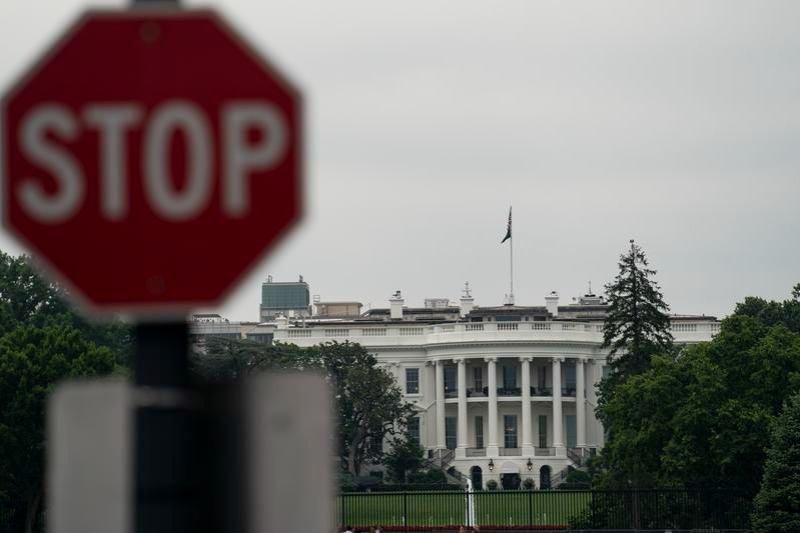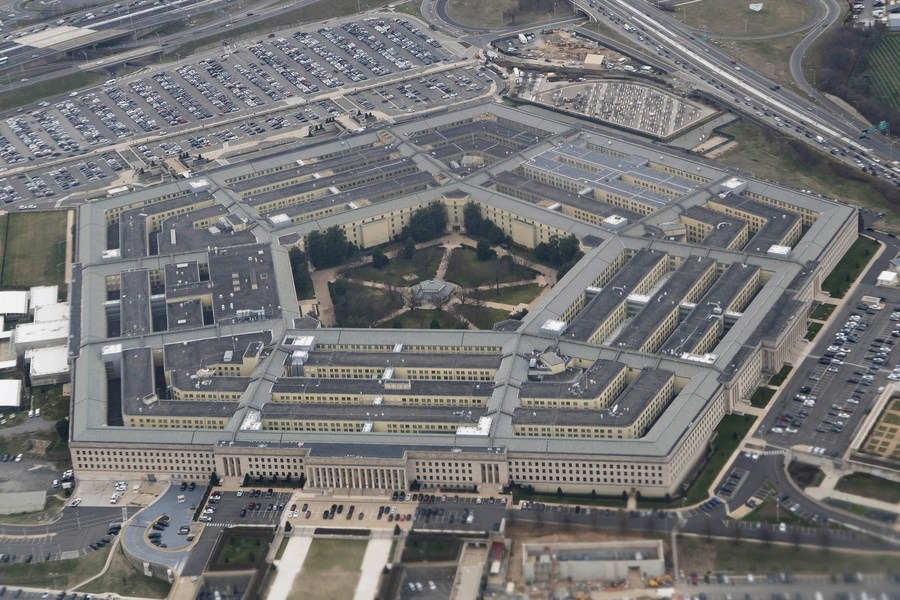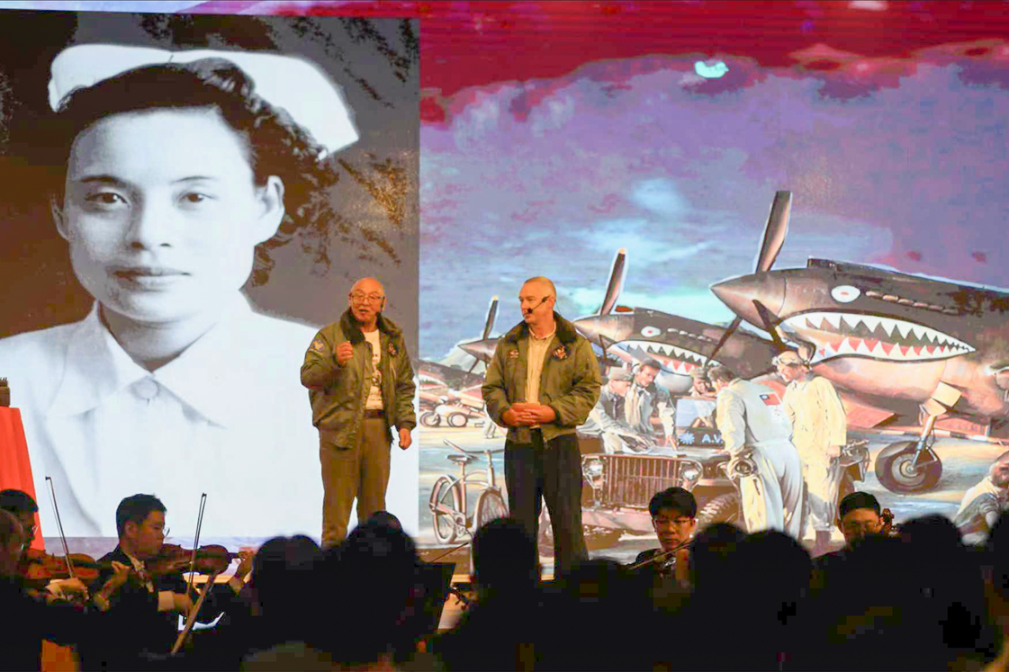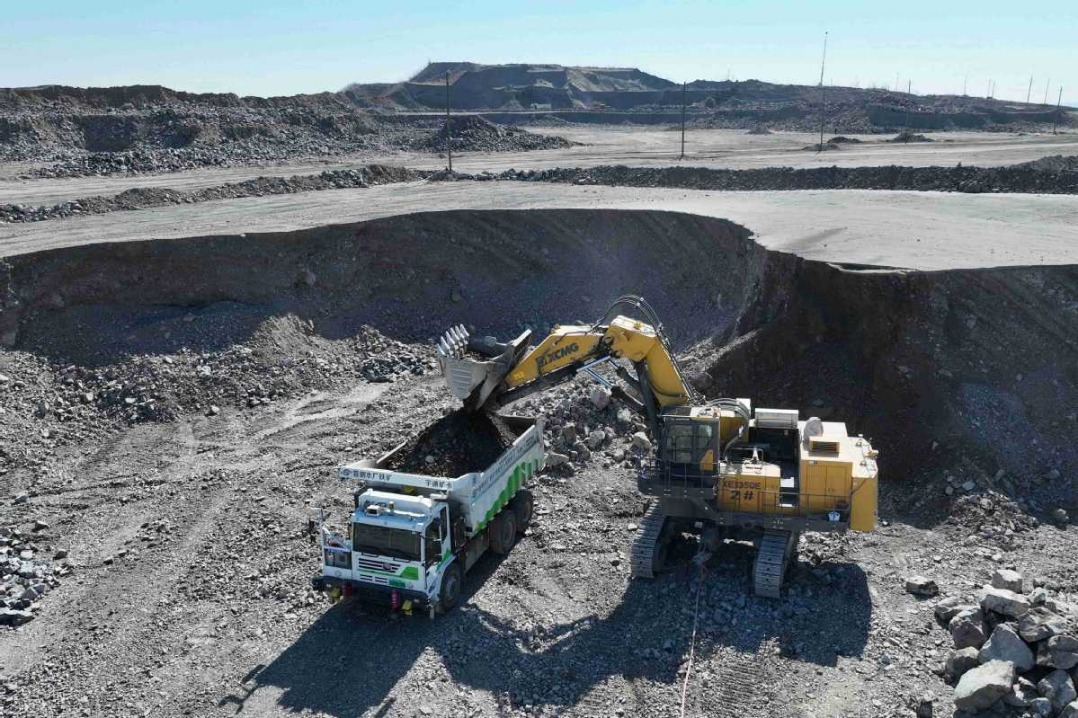Türkiye and China forging strategic partnership at 'nexus of the world'

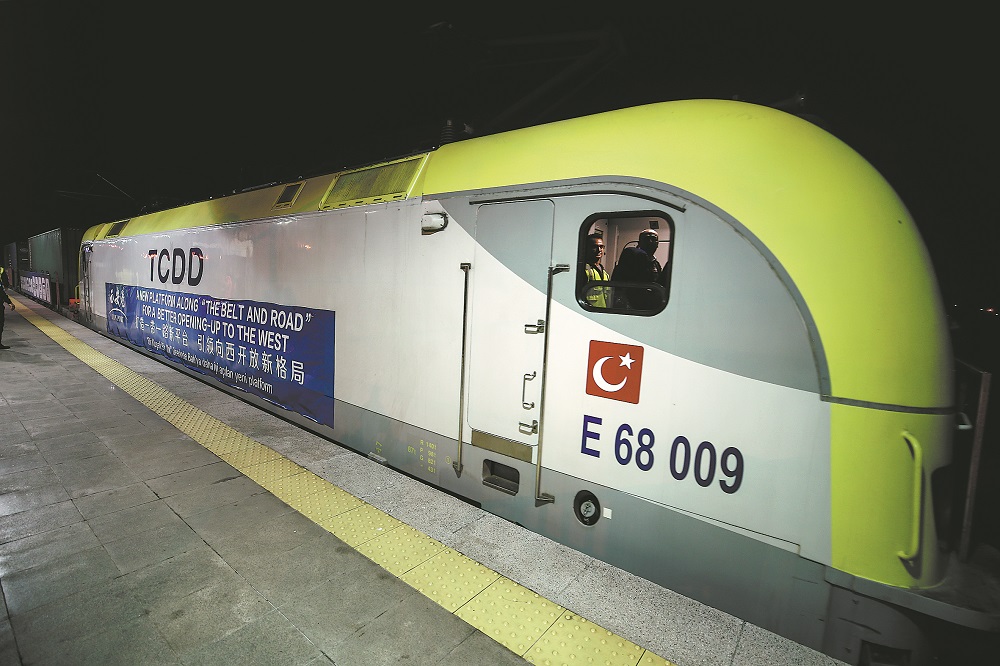
Türkiye's unique geographic position — connecting Europe, Asia and the Middle East — has established the country as the "nexus of the world". Its strategic location, coupled with a dynamic economy, makes Türkiye a natural partner for China in advancing mutually beneficial cooperation.
Over the decades, Türkiye-China relations have evolved into a comprehensive strategic partnership spanning trade, investment, technology, and infrastructure.
Strong foundation
China is Türkiye's largest source of imports and a key trading partner. Data from the Turkish Statistical Institute show that their bilateral trade volume reached $48.3 billion in 2024, reflecting mutual development.
The countries' economic complementarity is evident: China supplies machinery, electronics, and industrial inputs, while Türkiye offers food products, chemicals, and manufactured goods.
This partnership is reinforced by an alignment between the China-proposed Belt and Road Initiative and Türkiye's Middle Corridor strategy, creating a seamless east-west route that enhances global supply chains.
Business cooperation
According to official data from Türkiye, China has invested approximately $1.2 billion in Türkiye since 2002, while Turkish companies have invested more than $300 million in China. Today, more than 1,400 Chinese companies operate in Türkiye across diverse sectors.
Energy and the automotive industry stand out as strategic cooperation areas, reflecting Türkiye's established role as a key supplier to global value chains. Major battery plant projects, including partnerships with Togg, Türkiye's domestic electric vehicle manufacturer, represent landmark investments boosting the country's EV ecosystem and integrating advanced battery technology into European and regional markets.
These are complemented by significant EV manufacturing facilities serving both domestic and European markets, alongside local production plans to meet rising regional demand.
Notable Chinese investments span multiple sectors: major research and development centers in Istanbul, driving innovations in AI, cloud, and 5G technologies; manufacturing plants for household appliances, reinforcing Türkiye's role as a global white goods exporter; strategic acquisitions in e-commerce platforms, transforming Türkiye's digital commerce landscape; and key investments in logistics and finance, including port facilities and banking operations.
These investments generate economic value while fostering technology transfer, employment, and sustainable growth, positioning Türkiye as the nexus of the world for Chinese enterprises seeking global expansion.
Key sectors
Infrastructure, energy, and technology stand out as priority cooperation areas. Chinese companies have invested in major power projects, renewable energy facilities, and transport hubs in Türkiye.
At the same time, Turkish enterprises are exploring opportunities in China's fast-growing consumer and industrial markets.
The synergy between the Middle Corridor and BRI creates unparalleled opportunities in logistics, enabling Türkiye to serve as a hub for goods flowing between Asia, Europe and Africa. This is matched by collaboration in emerging industries such as green energy, fintech, and smart cities.
As both nations pursue sustainable and innovation-driven growth, the scope for cooperation will continue to expand. Türkiye's competitive advantages — strategic location, skilled workforce and diversified economy — align with China's vision of high-quality, outward-looking development.
Looking ahead, Türkiye-China relations are poised to deepen, anchored by shared commitments to connectivity, technological advancement, and economic resilience.
At the nexus of the world, Türkiye stands ready to work with China to shape a more integrated, prosperous, and sustainable future for both nations and the broader region.
This article is provided by the Investment and Finance Office of the Presidency of the Republic of Türkiye.
















